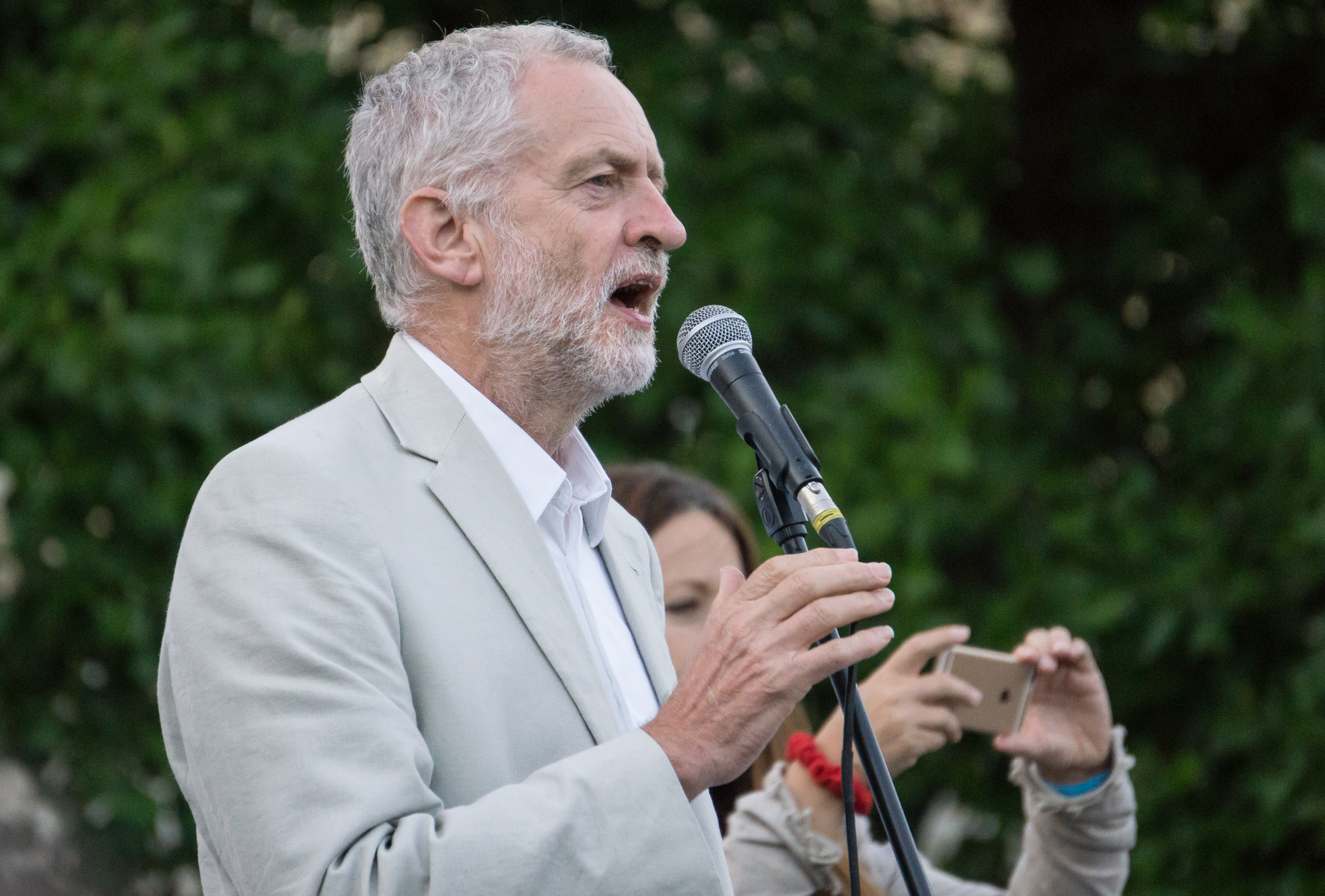The Postgraduate Association (PGA) have called on the University of Sussex to end the “exploitation” of Graduate Researchers in the School of Life Sciences, many of whom do not receive pay from the University.
The PhD students are expected to carry out up to 50 hours of supervising undergraduate laboratory work each year, sometimes tasked with supervising final year projects for two hours per day. They are not paid for this time.
The PGA claims that there is an atmosphere of “intimidation and insecurity” in the school.
The graduate researchers receive a Research Council UK grant but most are not being paid above this, despite carrying out additional work for the University.
The Research Council UK (RCUK) states that: “Where students funded through Research Council Training Grants undertake demonstration or teaching, or other types of employment in an institution, they should be paid for this in addition to receiving the minimum Research Council stipend.
“Research Council stipends are training awards and do not cover remuneration for duties which would reasonably be considered to constitute employment.”
The PGA say they will work with the Sussex branch of the University and College Union (UCU) and the Students’ Union to fight for an immediate change to the system.
They are calling for back payments so that Associate Tutors and Graduate Teaching Assistants are compensated for the work they have already done.
In a statement the PGA said: “This is a huge threat to their research quality, their progress and the undergraduate experience.
“The exploitative system in Life Sciences – upheld by an atmosphere of intimidation and insecurity – directly contradicts Research Council rules and other schools in the University that train and pay all ATs for their work.”
The University responded by saying that: “The inclusion of 50 weighted hours support of the School’s teaching allows us to put more of our money into providing opportunities for PhD students. If we did not do this we would have to reduce by half the number of fully funded PhD places we can offer.
“The majority of our PhD students value the contact with undergraduates that their teaching support activities provides, and are fully aware of the positive contribution that this experience makes to their future careers.”
The University is currently undergoing reform of the Associate Tutor pay structures. Pro Vice-Chancellor, Clare Mackie, has been working on creating new Associate Tutor contracts in an attempt to make a more transparent system. This contract would be due to be implemented in the 2015/16 academic year. These revised contracts will affect Associate Tutors in all disciplines.
While those on the current Associate Tutor contracts would not be forced to sign up to the new contracts, the aim would be for the current system to be phased out within the next six years.
On Tuesday 2 December, Mackie attended a forum of Postgraduates and Associate Tutors in order to clarify the changes. The meeting was well-attended with around 35 Associate Tutors taking part to voice their concerns.
The meeting long exceeded the allocated hour lasting over two and a half hours, the majority of which was spent taking questions from the floor.
Mackie claimed that the new contracts would improve transparency by clearly laying out the roles and responsibilities of the tutors, as well as the number of hours to be worked.
This would, she said, ensure PhD tutors aren’t given work beyond their remit and that they do not work beyond the specific number of hours stated in their contract.
Postgraduate students make up 23 percent of the University of Sussex student population. In 2012/13 the Student’s union created the Postgraduate Association to represent these students more effectively.
The current chair of the Postgraduate Association is Andrea Brock. She was elected in October 2014.



